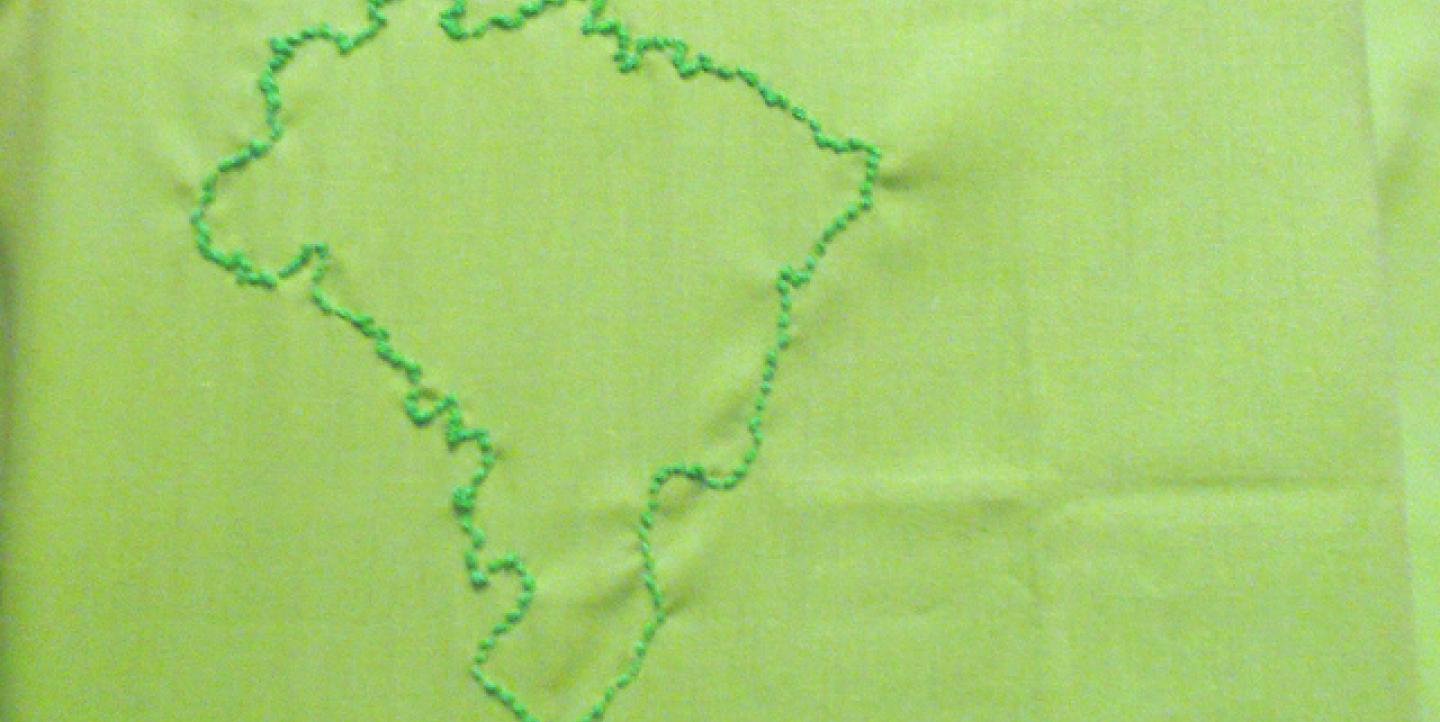When Brazilian journalist Fernando Mello wanted to publicize the launch of his new startup last month — Brio — he did what most journalist entrepreneurs do. He wrote a post on Medium.
“While the world of journalism undergoes transformations and hurtles into the unknown, our team of reporters, editors, designers, developers and engineers is launching a project that hopes to become a window of opportunities,” Mello wrote in his Medium post (in English and Portuguese).
The Brio launch is a sign of the times in Brazilian journalism: Established Brazilian journalists are increasingly choosing to launch their own media startups.
“This is the moment in my life to try this,” said Mello, who has worked at Folha de S. Paulo, Brazil Playboy and Veja magazine.
Brio publishes detailed narrative journalism and splits the profits (US$3.99 per article) with the author. While the team is from all over the world, its founders (Felipe Seligman, Breno Costa, Marc Sagarné and Tomas Silva) are Brazilian or live in Brazil. Its first three articles take deep dives into international art theft, Tibetan communities in China and India, and Brazil’s military dictatorship.
In Brazil, national print journalism has long been dominated by a few conservative newspapers, such as Folha de S. Paulo, O Estado de S. Paulo and O Globo, and magazine empires like Abril.
But in recent years they have been shedding their staff, laying off hundreds of journalists every year. Although these publications still enjoy a high readership, ambitious Brazilian journalists aren’t striving to spend their entire careers there anymore. Plus, digital technology has lowered the barriers to entry for entrepreneurial journalism.
In the last two years, established Brazilian journalists have launched dozens of independent websites, both for-profit and nonprofit. These sites specialize in specific topics like Brazil’s judicial system, education and social injustice. Perhaps another indicator of Brazilian journalists' increased interest in startups is their participation in American education programs. This year three Brazilian journalists were fellows with the Tow-Knight Center for Entrepreneurial Journalism at the City University of New York.
"The startup scene for journalism and communications is really in the early stages," said Leandro Beguoci, a Brazilian online journalist who was a 2015 Tow-Knight Fellow and is launching a startup called Outra Cidade. "Until five or ten years [ago] you would never [have] heard of a journalism startup."
After years of working for women’s magazines, Juliana de Faria grew tired of the clichés and stereotypes presented about women. So she started her own website, Think Olga.
"I decided to create Olga so I could write the articles that I feel are more honest and more true to the reader,” de Faria said. "It was my personal way to fight against the stereotypes that we see in the media."
She admits that the last few years haven’t been easy. Think Olga has enjoyed success from readers (it has more than 36,000 fans on Facebook) but now, money is key to continue operating. “It's what worries us the most,” de Faria said.
Two years after its launch, Think Olga’s business model has evolved to also include a business consultancy — Think Eva — in which the publication creates branded content for clients. But she’s happy that she stuck through the difficult times.
“You have to be patient because it takes time,” de Faria said. “It's not going to happen overnight. If it's not working, don't worry.”
Below are some journalism startups that launched in the last two years in Brazil.
When Juliana de Faria started the website two years ago, her goal was to create a Web magazine for women that talks about femininity in a different way.
Ponte is Brazil’s Marshall Project — but with a wider focus on public security, human rights, justice and democracy. Public safety is one of the most reported topics in Brazil and this site digs deep into the roots of the problems.
Jota is the first letter in the word justice, and this website focuses on Brazil’s complex judicial system. Its tagline is "Notícias jurídicas que fazem diferença,” which translates to "judicial news that makes a difference." The website launched with many journalists who have specialized in this topic for years - Laura Diniz, Bárbara Pombo, Felipe Recondo, Felipe Seligman and Iuri Dantas.
A Torcedor is a passionate sports fan. The sports news website is Brazil’s Bleacher Report. The website invites user-generated content and encourages short, viral stories.
This media company licenses the rights to publish a Brazilian version of Gizmodo — the American technology website. Trivela and Extratime focus on soccer and American sports, respectively. The company is also incubating Leandro Beguoci’s Outra Cidade.
Porvir, a nonprofit website supported by Inspirare Instituto, covers innovative education ideas.
Papo de homem is a traditional Brazilian saying for men to have a serious talk. The goal of the website is to make men more civilized. With 6 million page views per month, it’s Brazil’s largest independent website geared toward men.
Hypeness, which needs no translation, wants to inspire everyone to be innovative and creative. The site's articles feature unique ideas from around the world.
The website started in São Paulo as a guide to free events throughout the city. Now it has evolved to include 12 cities.
The ambitious site tackles long-form narrative journalism and features a business model in which it sells each article directly to the reader.
The site is named after Ada Lovelace, an English woman who is considered the first person to program a computer. It’s a technology website for women.
Image CC-licensed on Flickr via Nico Paix

